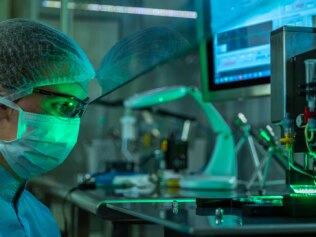
Brisbane’s new MedTech partnerships could change the world
Incredible new medical technology from Brisbane could dramatically enhance the performance of existing and next-generation vaccines.

Incredible new medical technology from Brisbane could dramatically enhance the performance of existing and next-generation vaccines.
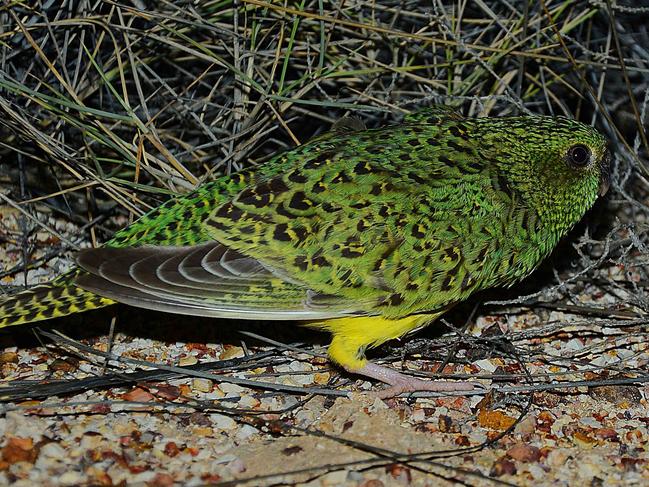
Research by a naturalist into the habits of the elusive bird has been debunked, scientists doubtful the evidence is true.

Quality of later life is far from universal, according to the Australian Institute of Health and Welfare.

The whale consumed one of the largest amounts of plastic — hundreds of items — ever removed from a marine animal’s stomach.

Medtronic is charging Australians $9000 for a lifesaving insulin pump, almost double the price it charges UK patients.

Professionals and researchers examine the benefits and potential hazards of caffeine.

Before you tuck into your next three-egg omelette or frittata, read this.
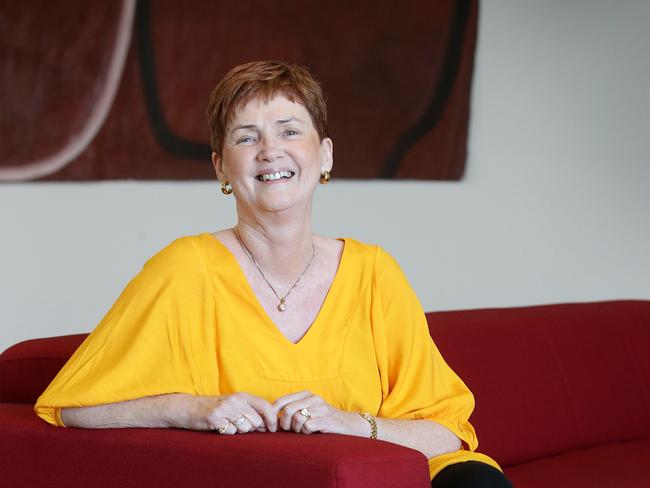
Ignore Taylor Winterstein. Listen to Mickey McKellar, who knows what she’s on about.

A radical overhaul of aged care funding is being pushed in a new report the government has hailed as a “game changer”.

Research is beginning to uncover how we put our memories in order.
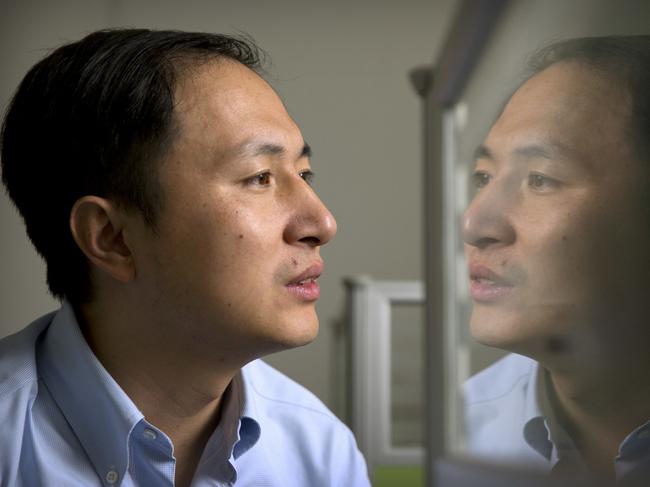
An international group of scientists have called for a moratorium on editing DNA to prevent genetically modified births.
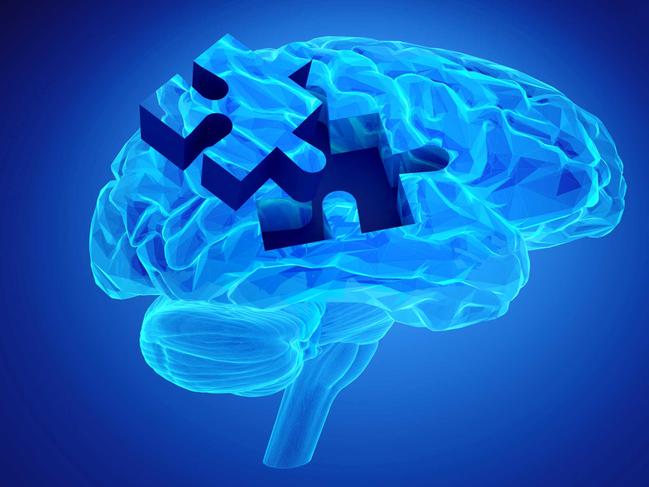
The rising prevalence in brain disorders — now afflicting at least 43 per cent of the population — costs more than $70bn a year.

Reseachers have found excessive social media use can impair decision-making, in a similar way to drug and gambling addiction.

Major UN report delivers dietary advice with the aim of helping to protect the environment while at the same time feeding the world’s burgeoning billions.

As many as one in four adults has experienced the fiery heat of heartburn, according to the charity Guts UK.
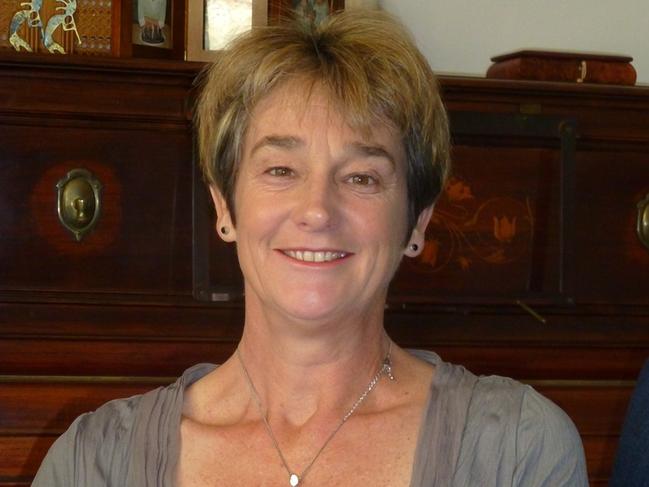
A new analysis of anti-vaccination campaigner Judy Wilyman’s PhD thesis has found a “strong bias” in her selection of references.
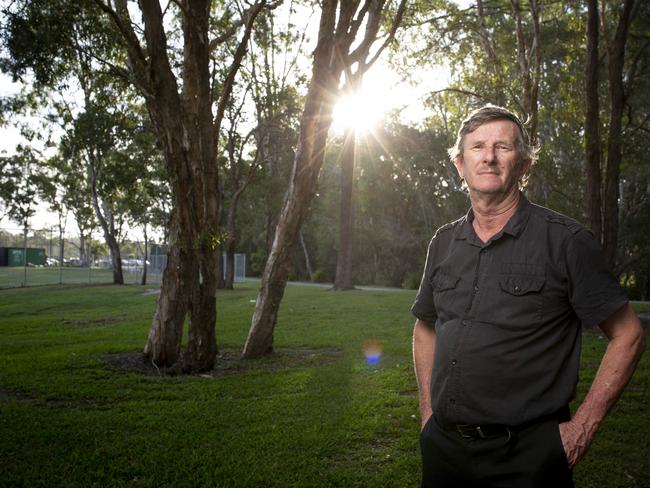
Almost half of all prostate cancers detected through common screening tests in Australia have been unnecessarily diagnosed.
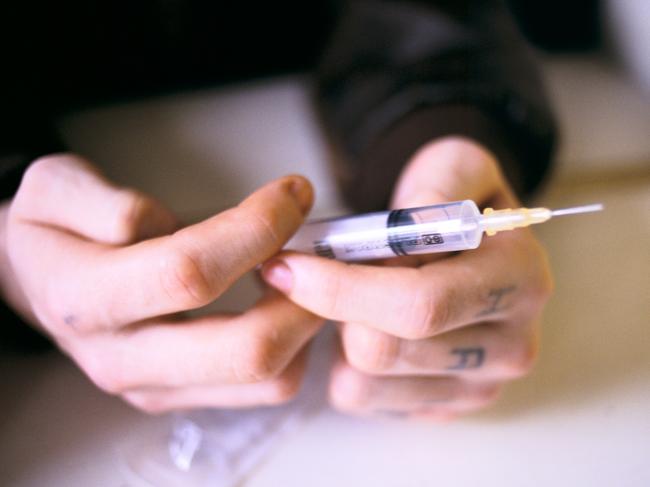
An origami project could revolutionise medical procedures involving the brain and spinal cord.

Why do you eat what you eat? Your perception of bitterness, as determined by your genes, could dictate your choice of food.

Researchers say we unwittingly choose partners with similar life expectancy and disease risks.
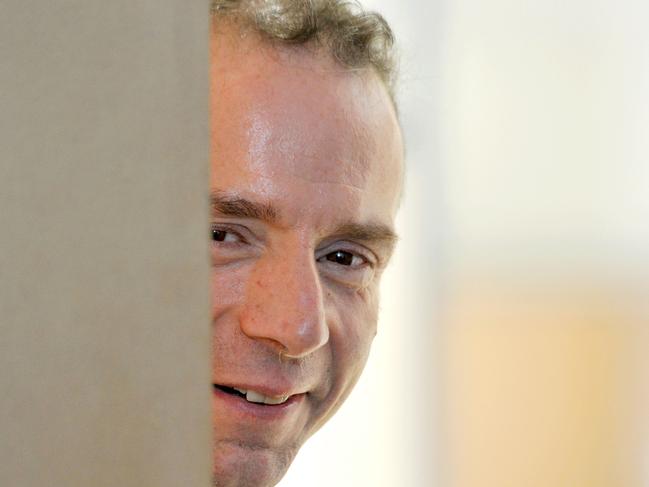
An HIV-positive British man has become the second known person to have been sent into lasting remission from AIDS.

With success in the first stage of the SpaceX mission to the ISS, the US is on the cusp of launching its astronauts into space again.
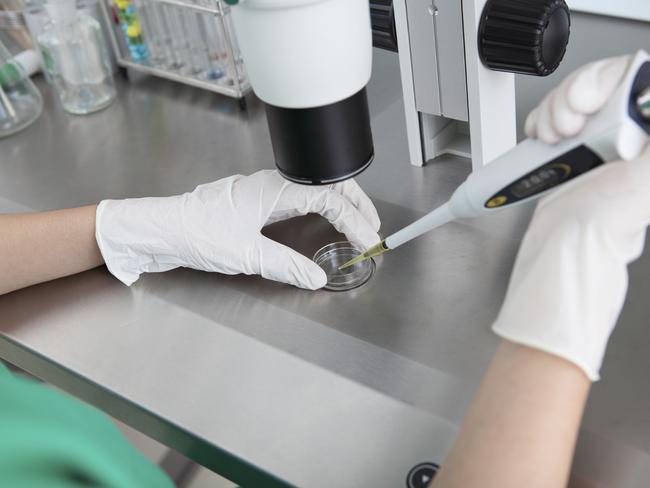
Queensland wants to set a benchmark in DNA screening for the treatment of cancer — but it could all still be 15 years away.
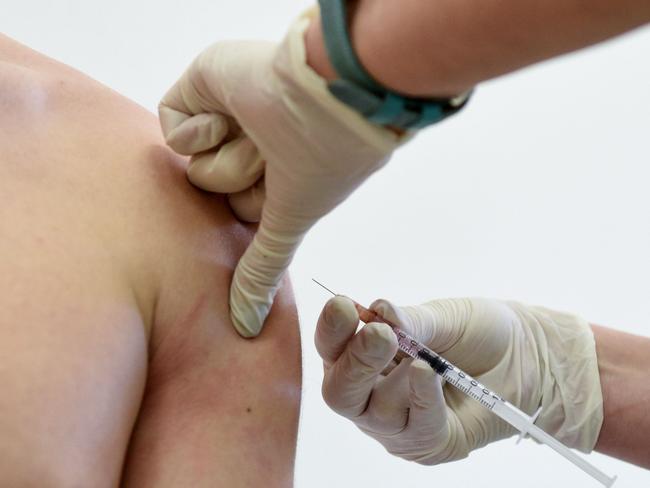
Skiers had a surprise at an upmarket French resort this week: doctors with needles to vaccinate them against measles.
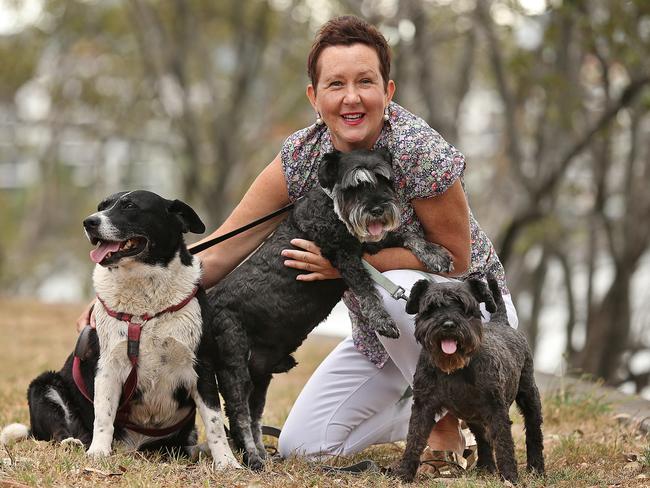
When Susie Krimmer learned the cancer had spread from the brain to her liver she cried. She knew all too well what it meant.

Science Minister Karen Andrews says the local space industry is worth $3.9bn a year and can triple in size by 2030.
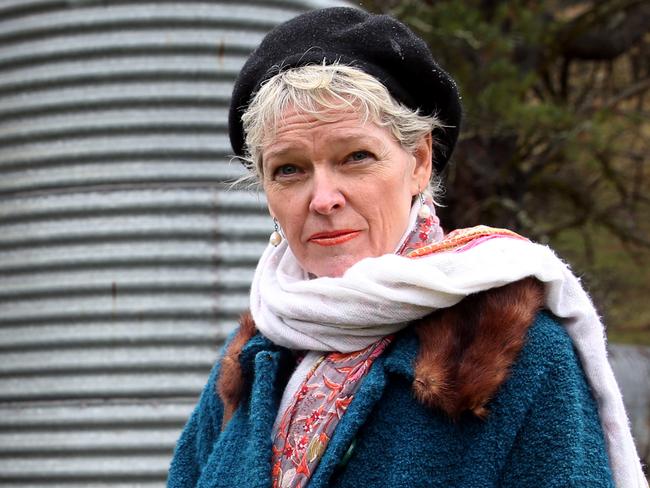
Bureau of Meteorology’s decision to increase temperature warming trend in Darwin reignites debate over climate ‘smoking gun’.

A rocket took off from Cape Canaveral yesterday carrying Israel’s Beresheet spacecraft, aiming to make history twice.
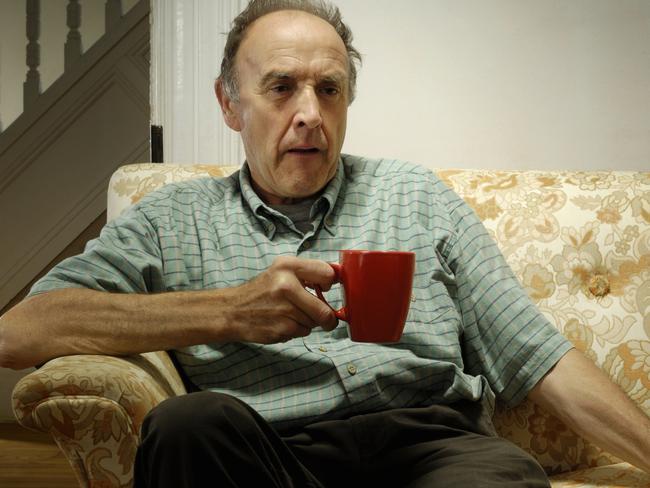
Despite the tough times, there are organisations trying to make a difference — and you can help.

From yoghurt to yoga, there are healthy ways to alleviate anxiety and depression.
Original URL: https://www.theaustralian.com.au/nation/health-science